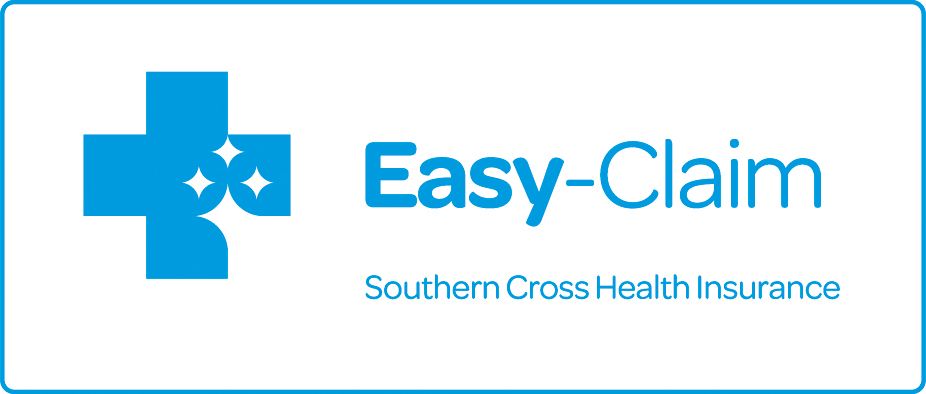What is fake news?
Fake news is untrue or misleading information that is presented as news. This information is usually spread via the internet. It’s often used to influence people’s views and opinions or sometimes as a joke.
What is digital literacy?
There was a time when literacy referred to the ability to read and write. Like most things in the digital age, the concept of literacy is constantly evolving.
A few years ago, we were introduced to media literacy. This is the ability to tell fact from opinion, and truth in advertising. Now there is digital literacy - the ability to effectively and critically evaluate information available from the range of digital technology at your fingertips.
How to teach your kids to be digitally literate
Your tamariki should learn digital literacy just like they learn to read and write and count. But what exactly should they learn? Alongside information on
grooming and avoiding cyber bullying, start talking about the simple stuff: what makes information reliable.
As adults, we know that not everything on the internet is true. But often, kids will need to actually learn that from you. Your child’s school isn’t always going to be able to teach this, so it’s time for you to get involved. You can start by:
- Teaching them what websites are reputable (e.g., from a university or respected news agency). And while you’re at it, show them the flipside, websites run by a person or organisation with a specific agenda.
- Showing them how to research and check information from different credible resources. This helps them verify the accurarcy of what they’re reading. It also teaches them that while opinions matter, they are not the same as scientifically proven facts.
- Being involved when your tamariki are online. Get actively involved when your children are on the internet, pointing out credible sources from the non-credible ones and so on.
Your 4-point checklist for teaching your tamariki to spot fake news
Not sure where to start? We’ve got you. Work through this checklist the next time you co-surf with your pre-teen or teen:
- Objective fact or opinion: What information in this website is verifiable fact, and what is opinion? Does the information reveal a bias? Is the information trying to sway you?
- Accuracy: How accurate is the information? Can this be checked against other reputable sources of information or just other websites?
- Authorship: Who is the author of the site? What are his/her qualifications? Who is the sponsor of this site? What is their agenda? Is the organisation reputable? For example, is it on the site of a respected university?
- Currency: When was the site last updated? Is there new information that has arisen since it was updated?



